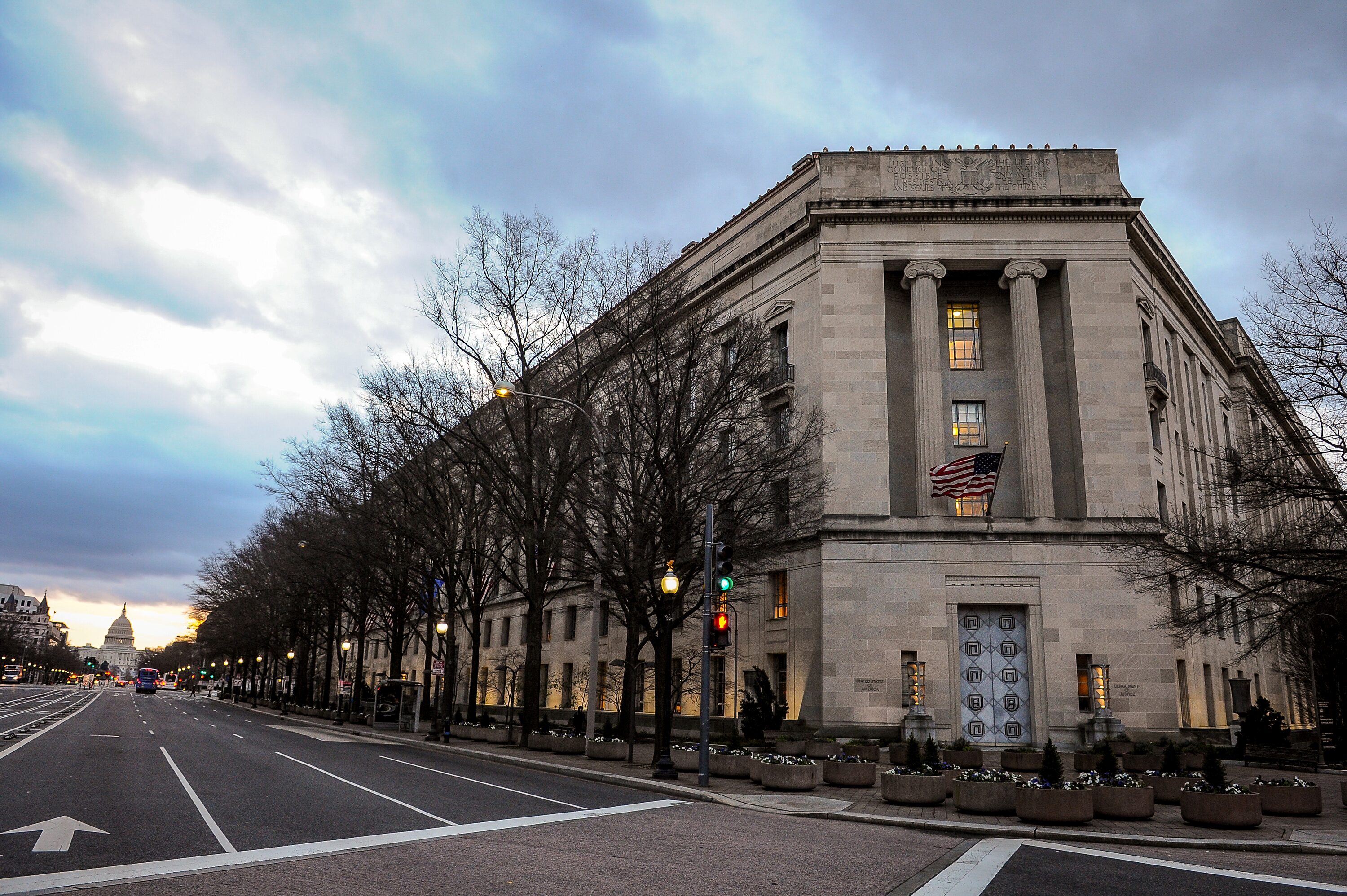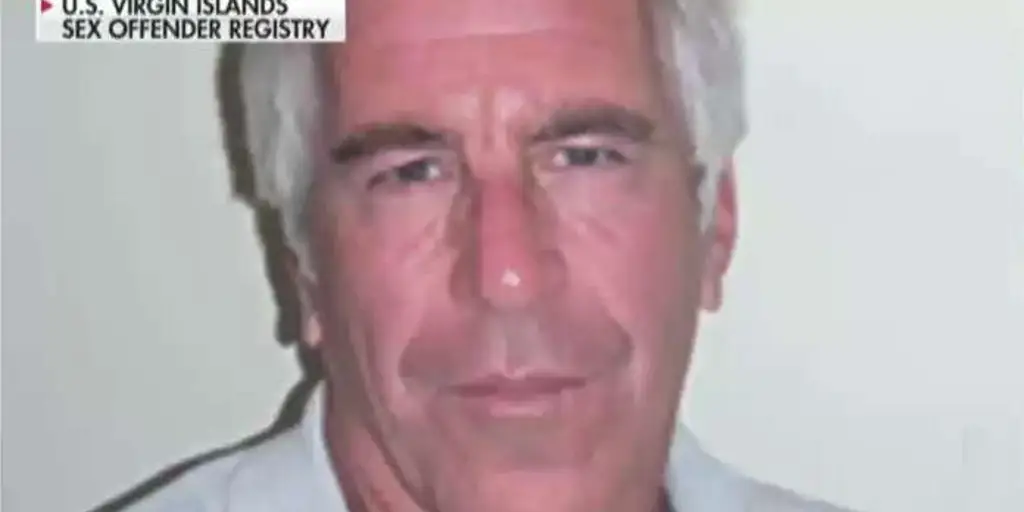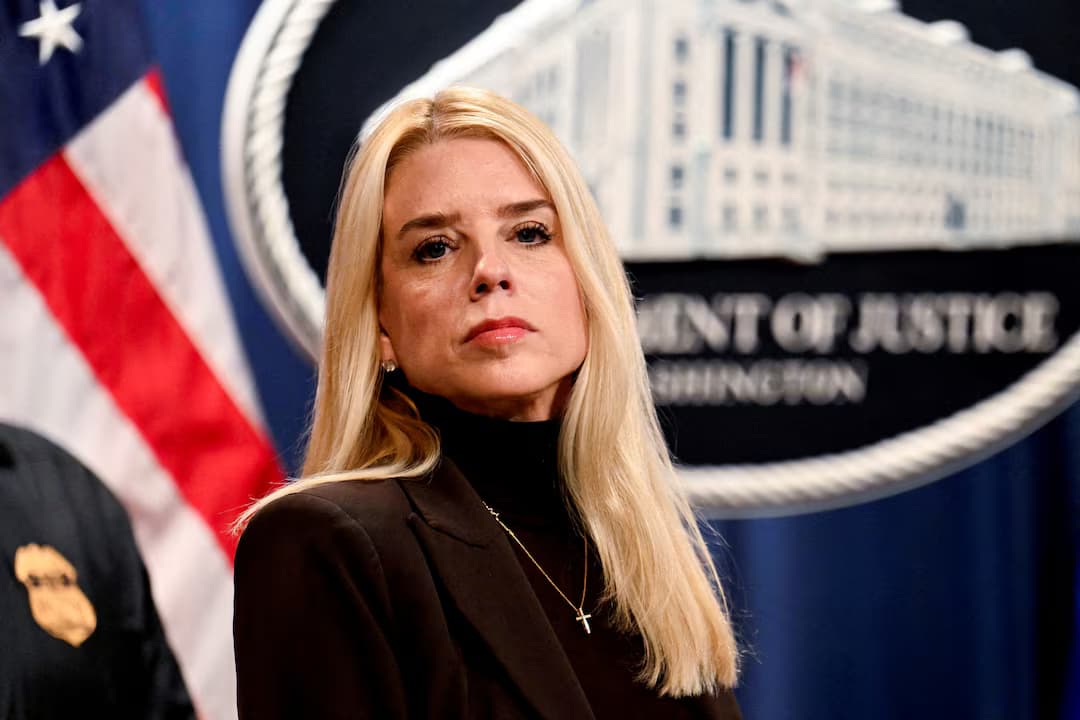The Justice Department has shattered months of speculation by confirming that no evidence exists to support claims of a "client list" related to Jeffrey Epstein, the notorious financier whose death has ignited conspiracy theories and public obsession. Attorney General Pam Bondi"s earlier assurances promised groundbreaking revelations, but the recent memo reveals a far less sensational reality, raising serious questions about accountability and transparency in our justice system.
Justice Department Memo Dismisses Conspiracy Theories
On July 7, 2025, the Justice Department issued a memo stating, "No further disclosure would be appropriate or warranted," effectively dousing the flames of conspiracy theories that have circulated since Epstein"s death in 2019. According to The New York Times, the memo concluded that Epstein"s death was a suicide and that there was no credible evidence of blackmailing high-profile individuals. This revelation contradicts rampant speculation, particularly among far-right groups who have used Epstein"s case to smear political opponents.
Attorney General"s Promises Fall Flat
Attorney General Bondi"s promises over the past months have been met with skepticism and disappointment. After an initial release in February that failed to deliver substantial new information, the anticipation for this latest disclosure was palpable. Yet, as reported by AP News, the Justice Department"s findings are largely reiterations of conclusions drawn years ago, undermining the credibility of Bondi"s assertions about the significance of these documents. The memo not only confirms a lack of evidence for a supposed "client list" but also dismisses the notion that Epstein"s connections could implicate others.

DOJ"s Access to Justice office reopens in moment of crisis ...
Public Fascination and Its Consequences
The enduring public fixation on Epstein"s case serves as a reflection of deeper societal issues surrounding wealth, power, and accountability. As reported by NPR, conspiracy theories thrive in environments where public trust in institutions falters. The failure to deliver on promises of transparency only fuels further distrust and speculation, creating an atmosphere ripe for misinformation. It also diverts attention from necessary discussions around systemic sexual exploitation and the need for robust criminal justice reform.
The Impact of Misinformation on Social Justice
The ramifications of this case extend beyond mere speculation; they touch upon critical issues in criminal justice reform and environmental justice. Misinformation can obscure the genuine struggles of marginalized communities who continue to face systemic injustices. The focus on Epstein"s legacy detracts from the pressing need for accountability in cases of sexual violence, particularly against vulnerable populations. As we witness ongoing movements for social justice, the conflation of fact and fiction can undermine authentic advocacy efforts.

Epstein death fuels speculation and conspiracy theories | Fox News Video
The Role of Accountability in Governance
The Justice Department"s inability to provide new evidence raises significant questions about the integrity of its investigations and the motives behind its communications. Accountability should be at the forefront of our justice system, yet the handling of high-profile cases like Epstein"s reveals a troubling pattern of obfuscation and miscommunication. The public deserves transparency, particularly when it comes to matters involving powerful individuals and their potential complicity in criminal activity. As we navigate the complexities of environmental policies and social justice, the lessons from Epstein"s case should serve as a clarion call for reform.

![[Video] Anti-ICE Protester Pepper Sprayed as CBP Agents Disperse Crowd in Minneapolis](/_next/image?url=%2Fapi%2Fimage%2Fthumbnails%2Fthumbnail-1768260677127-y71sb7-thumbnail.jpg&w=3840&q=75)

![[Video] Several injured as U-Haul truck drives through Iranian protestors in Los Angeles](/_next/image?url=%2Fapi%2Fimage%2Fthumbnails%2Fthumbnail-1768176682028-q95y6j-thumbnail.jpg&w=3840&q=75)
![[Video] Scuffle breaks out between Trump supporters and Anti-ICE protesters in Times Square](/_next/image?url=%2Fapi%2Fimage%2Fthumbnails%2Fthumbnail-1768165958203-hgcgb-thumbnail.jpg&w=3840&q=75)


![[Video] Gunfire between Iraqi security forces and Sadr militias in Baghdad](/_next/image?url=%2Fapi%2Fimage%2Fthumbnails%2Fthumbnail-1768343508874-4redb-thumbnail.jpg&w=3840&q=75)
